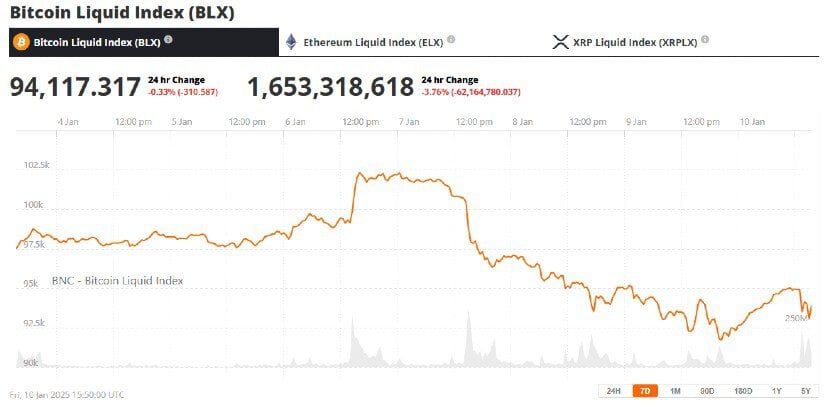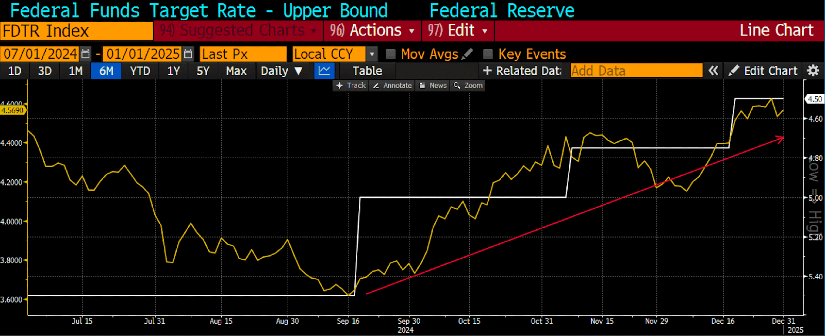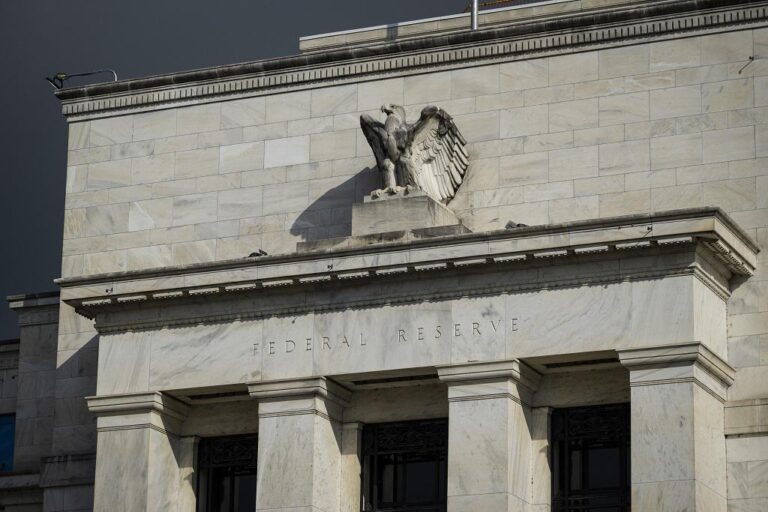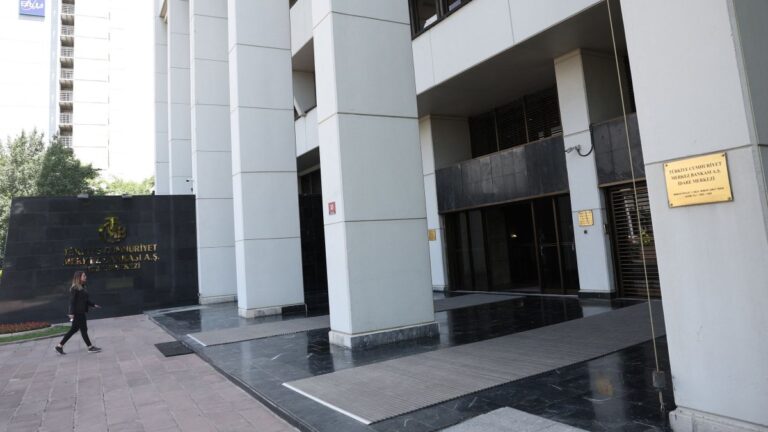
Fed’s Money Printing to Fuel Bitcoin Surge in Early 2025 — Arthur Hayes
The cryptocurrency market is brimming with anticipation as the U.S. Federal Reserve’s monetary policy and incoming President Donald Trump’s regulatory approach converge to shape Bitcoin’s trajectory in early 2025.
A significant liquidity injection, estimated at $612 billion, is expected to enter the U.S. economy during the first quarter, fueling optimism for a potential Bitcoin rally despite lingering uncertainties.
Arthur Hayes, co-founder of BitMEX and a vocal crypto commentator, predicts that this liquidity boost could offset regulatory delays. “An extremely positive dollar liquidity environment can cover a letdown by team Trump on his proposed pro-crypto and pro-business legislation,” Hayes wrote in a recent blog post, underscoring the impact of fiscal policies on Bitcoin’s market dynamics.
A Rollercoaster Start to the Year
Bitcoin recently experienced a sharp decline, dropping 6% to trade below the $100,000 mark—a psychological resistance level—on January 8. This dip followed a holiday-induced lull in institutional trading activity. Analysts expect renewed institutional liquidity at the start of the year to bolster Bitcoin’s performance, potentially allowing it to reclaim and sustain six-figure valuations ahead of Trump’s inauguration on January 20.
Bitcoin hit its bottom in Q3 2022 as the Fed’s Reverse Repo Facility (RRP) peaked. Source: Arthur Hayes/Substack
According to Binance Research, institutional investors’ reentry could reignite Bitcoin’s upward momentum. “While BTC can recapture $100K on expectations of positive crypto regulation such as a Bitcoin Strategic Reserve, the market will need to see continued supportive conditions to maintain such levels,” the firm noted.
Trump’s administration has promised pro-crypto policies, but analysts warn that delays in implementing a regulatory framework could dampen investor confidence in the short term. Hayes predicts that the market may face a correction by March, driven by these regulatory disappointments. However, he remains optimistic about Bitcoin’s long-term outlook, citing an anticipated $20 trillion increase in global money supply that could channel $2 trillion into Bitcoin investments by late 2025.
Diverging Market Opinions
Market sentiment remains divided. While Hayes predicts a bull run triggered by monetary expansion, not everyone is quite so optimistic. Some technical analysts identified the formation of a bearish head-and-shoulders pattern on Bitcoin’s weekly chart that could force the price down to $80,000.
Bitcoin (BTC)—weekly price chart. Source: Bitcoin Liquid Index (BLX) via Brave New Coin
Meanwhile, some proponents of Bitcoin’s long-term potential argue that it increasingly is being integrated into worldwide financial systems. U.S.-based Bitcoin mining firm MARA says a U.S. strategic Bitcoin reserve could trigger a global race for accumulation that would drive prices even higher.
Crypto Markets Brace for 2025 Fed Moves
The Federal Reserve’s monetary policies have become a central driver of Bitcoin’s market behavior. As global financial markets increasingly intertwine with cryptocurrency, decisions by institutions like the Fed will likely continue to influence Bitcoin’s price movements.
FFR upper bound (white, inverted) vs. US 10-year yield (yellow): Bond yields rise as Fed cuts rates amid inflation above the 2% target. Source: Arthur Hayes/Substack
Despite current volatility, optimism persists within the crypto community. Analysts anticipate that Q1 2025 could be pivotal, with liquidity injections potentially catalyzing another Bitcoin bull run. However, sustaining such momentum will depend on regulatory clarity, institutional participation, and broader market conditions.
While the immediate outlook for Bitcoin remains uncertain, the convergence of fiscal policies, institutional interest, and technological integration suggests a dynamic year ahead for the cryptocurrency market. Whether the anticipated liquidity injection triggers a bull run or regulatory delays create headwinds, Bitcoin is poised to remain at the forefront of financial innovation in 2025.






